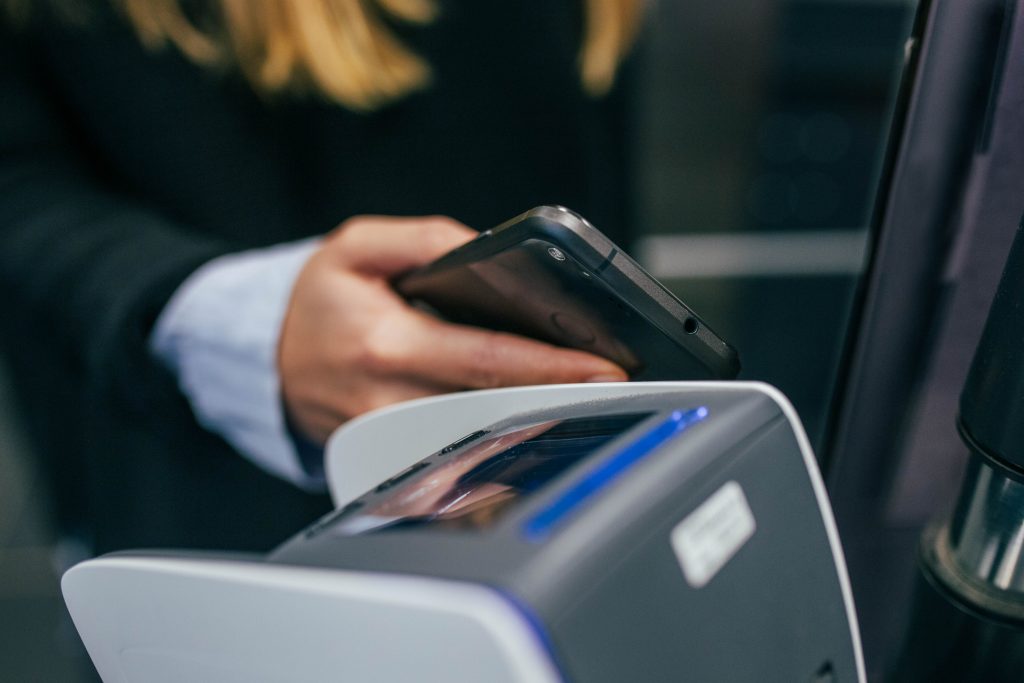What are your thoughts on the evolution of the POS system?
Point of Sales systems have come a long way and with all this innovation, it’s hard to believe that ultimately, a POS system was originally developed to collect and track payments from customers. To think, it was not that long ago that POS systems, and the associated credit/debit processing, was a hated “expense” that almost all merchants needed to be in business. Today, when integrated properly, the POS and payment technology is a combined business tool, enabling merchants to run their business more efficiently, increase share of wallet and enhance their customer’s experience. Whether it’s linking management and inventory systems, or tracking customer behavior, to presenting real-time offers at checkout, POS systems have become an important component of a merchant’s business.
We are seeing some cases where the POS terminal itself be completely removed in the physically sense and moving to more of a software based approach or using devices, like the mobile phones, to act more like a POS terminal. From your point of view, do you see a software-based approach becoming more main stream?
Absolutely. Mobile POS will continue to play an increasingly important role in the POS ecosystem and it’s the cloud based software that runs on the physical mobile device that is enabling this. There are numerous benefits in cloud based solutions for both the POS developer and their customers. The cloud enables the POS to be where ever the consumer wants to engage and complete a transaction. It allows for specific benefits and interfaces that align with both the mobile device and vertical market. Cloud based solutions also make system updates much easier. Whether it’s a regulation related update, activating a new feature or rolling out a new software version, it’s a whole lot simpler to do this through the cloud.
This may be a more opinion based question, but why do you think many retailers have not adopted mPOS systems? Is it a cost thing or an education reason? For example, on Black Friday I frequently visit Best Buy and they always have all staff on deck yet only 5 checkout lines open. You would assume if you equipped all their staff with mPOS systems that check out would be expectantly faster.
I think there are a combination of reasons why mPOS has not been embraced by the industry. For many merchants there are operational issues that can potentially hold them back. For example, some high-end retailers require customers to show a receipt before exiting the store, which means every transaction, whether in-lane or in-aisle, the sales associate would need ready access to a printer wherever the checkout takes place. However, innovative retailers have chosen to issue electronic receipts, either by email or text, in order to make it easier to integrate mPOS into their stores, which in turn also enhances the customer experience. Other areas that seem to be holding mPOS back are existing systems. If the current POS does not support mPOS, you might need to run two disparate systems, which no one wants to do, or invest in a new system that supports both. Operational, budget or system issues could make embracing mPOS difficult. There is also training. In an mPOS environment, associates needs to be trained on handling transactions, including discount coupons, special sales and combined promotions. Associates also need a full understanding of how the company’s loyalty program works. The customer experience is enhanced when associates can properly explain and execute the benefits of these promotional and loyalty programs.
What is really “hot” right now with POS systems? Is there a new great software or hardware feature coming out that we should know about?
I think the biggest “new thing” in the POS space is its evolving flexibility in running third party applications and the ability to link third party business efficiency and share of wallet applications. When a cloud based POS runs on a standard device running a standard OS, it opens up a lot of opportunity for the merchant, and the POS developer. Some of these apps will run standalone, alongside the POS solution, other can be integrated. Google Local Inventory ads is a great example. Google Local Inventory gives online shoppers an easy way to identify products available in stores near them, and place an order for in-store pickup if desired. This creates an omnichannel experience for shoppers. Both SMB and enterprise merchants benefit by being able to promote inventory in their physical locations through the Google Local Inventory ads that appear when consumers shop online. This type of opportunity is made possible by systems offering open APIs that are flexible and scalable.
